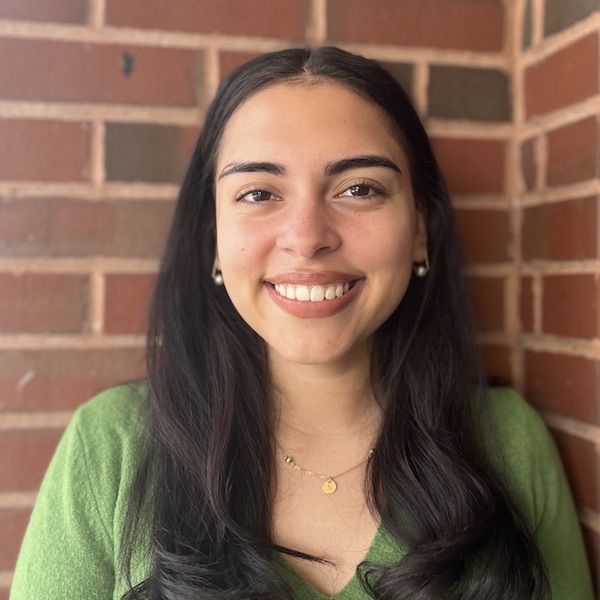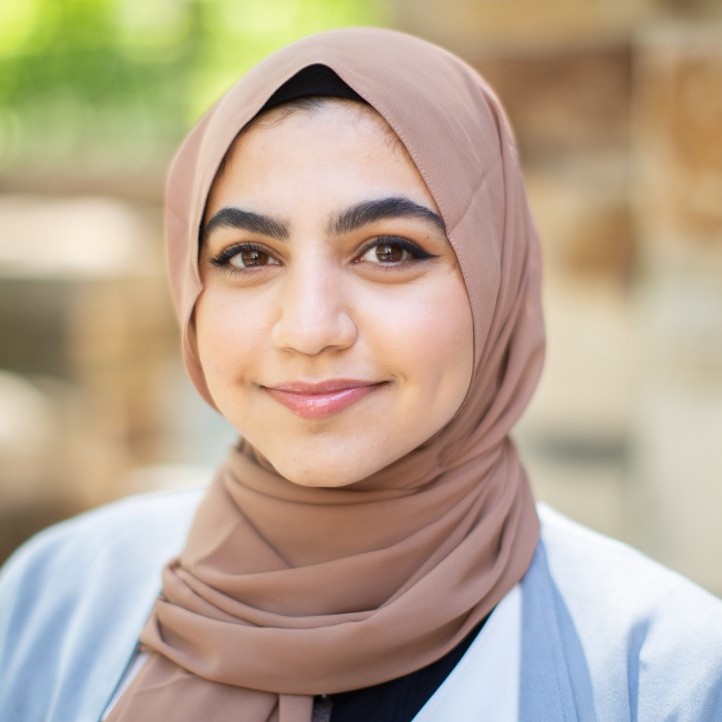Field Reports
Dispelling Myths, Increasing Access: Examining Common Fears and Barriers Experienced by Spanish-Speaking Immigrants Applying for SNAP Benefits in Maryland
Isabella Dresser,
Emerson Fellow
Maryam Taysir,
Emerson Fellow
Maryland Hunger Solutions,
Published 2022-2023
Baltimore, Maryland
Maryland is home to an incredibly vast and diverse population of foreign-born folks and first-generation Americans. Fifteen percent of the state’s population are immigrants, almost a third are undocumented, and one in eight children in Maryland have a parent who is undocumented. SNAP (the Supplemental Nutrition Assistance Program) is a federal program that denies most immigrants from receiving benefits. However, undocumented heads of a household can apply on behalf of eligible members, oftentimes for their children and/or adult dependents. Maryland Hunger Solutions (MDHS), a state-wide anti-hunger organization, provides SNAP application assistance via a hotline and Outreach Team of caseworkers. This report aims to provide an overview of the legal history of SNAP advocacy for immigrant households in Maryland. Secondly, this report will uncover the complicated journey to acquire SNAP benefits for immigrant households via a client survey and deep-dive interview with SNAP Outreach Coordinators at MDHS. The findings from the literature review, responses from the client survey, and the interview of MDHS staff, produced a SNAP Application Toolkit. The Toolkit is designed to provide transparency of the application process for Spanish-Speaking immigrant households.
Download "Dispelling Myths, Increasing Access: Examining Common Fears and Barriers Experienced by Spanish-Speaking Immigrants Applying for SNAP Benefits in Maryland"
Publication tags: Field Reports - Domestic Federal Nutrition Programs, Supplemental Nutrition Assistance Program (SNAP)/Food Stamps
Isabella is a first-generation American from Hartford, Connecticut. She recently graduated summa cum laude from Trinity College in May 2022, double-majoring with honors in Political Science and Human Rights Studies. During undergrad, Isabella interned and participated in various organizations and programs in the field of public interest including the Connecticut Coalition Against Domestic Violence, the Connecticut General Assembly, and the Public Policy and International Affairs Program. Her personal and professional experiences have culminated into a passion for advocacy, especially for marginalized communities like her own.
Read more about Isabella Dresser
Maryam Taysir graduated from Rhodes College with a major in Business Management and a minor in Jewish, Islamic, & Middle East Studies, but her biggest accomplishment is being the eldest sister of five siblings. Maryam was the community service chair for 901 Ummah, a nonprofit organization that fosters a productive Muslim community that reaches across the city of Memphis to inspire, create, and empower. She manages ‘Feed the City’, a program that aims to eliminate food insecurity in downtown Memphis by providing hot, nutritious, and multicultural meals to those in need. She is the co-founder and president of the campus organization, Students for Justice in Palestine, which stands in solidarity with the Palestinian people’s struggle for self-determination, justice, and equality through educational programming. She was also a mentor for the Multicultural Vision Program (MVP) at Rhodes as well as a Diversity, Equity, & Inclusion intern at Autozone, Inc.
Read more about Maryam Taysir
Maryland Hunger Solutions, founded in 2007 by the Food Research & Action Center, works to end hunger and improve the nutrition, health, and well-being of individuals, children and families in Maryland. Maryland Hunger Solutions to overcome barriers and create self-sustaining connections between Maryland residents and nutritious foods. Maryland Hunger Solutions works with state and community partners to seek to:
- provide education about the stark reality of hunger’s existence in Maryland and the proven solutions to reduce food insecurity;
- improve public policies to end food insecurity and poverty; and
- ensure that all eligible residents are connected to federal and state nutrition programs, such as the Supplemental Nutrition Assistance Program (known as the Food Supplement Program in Maryland) and school meals programs.
Read more about Maryland Hunger Solutions




